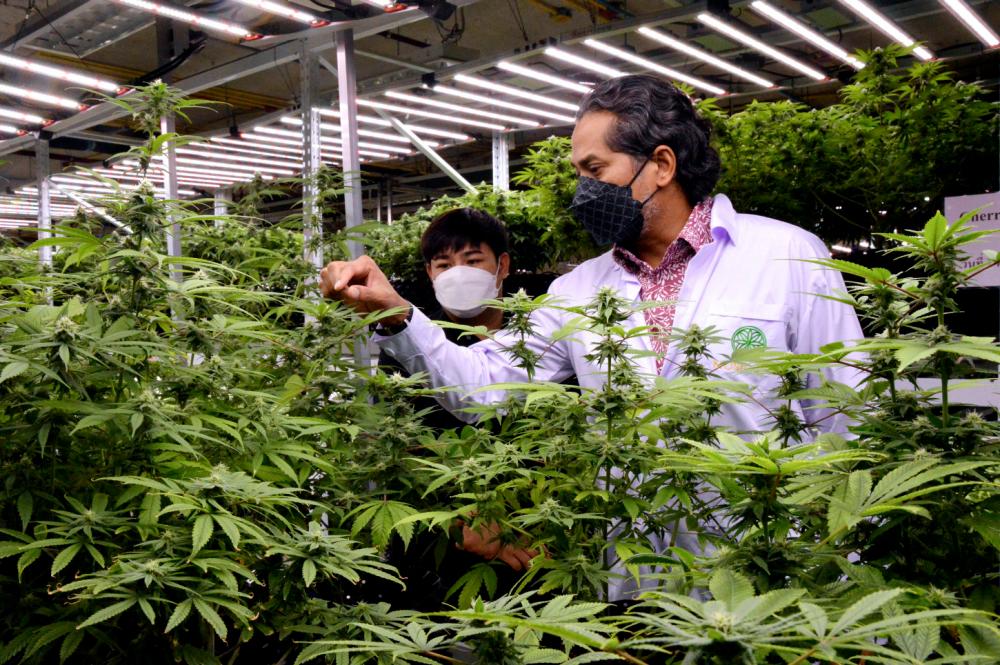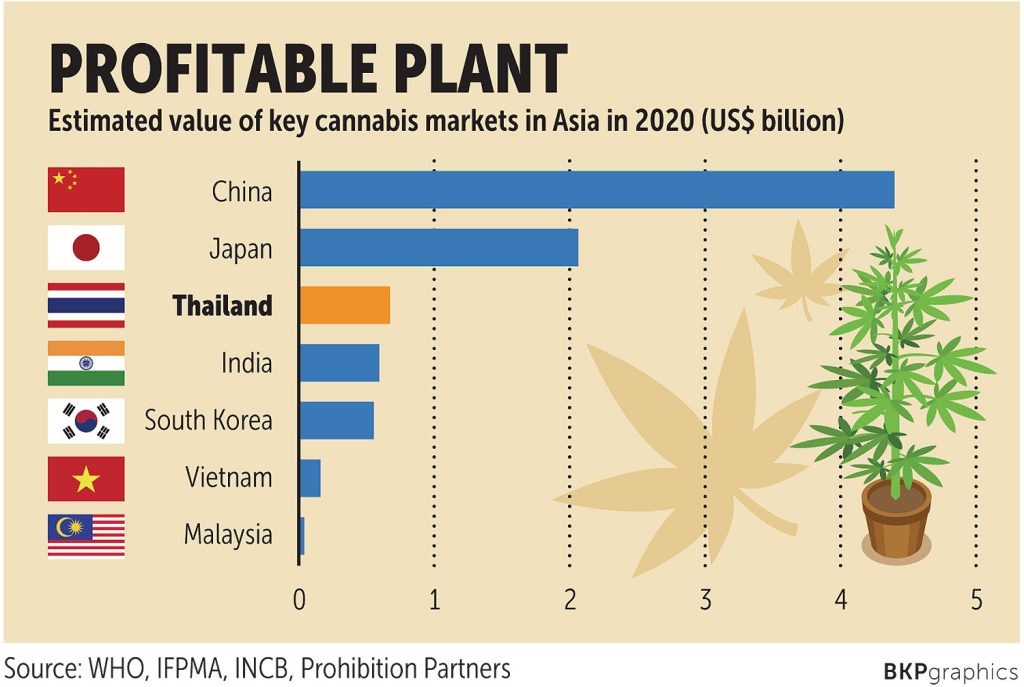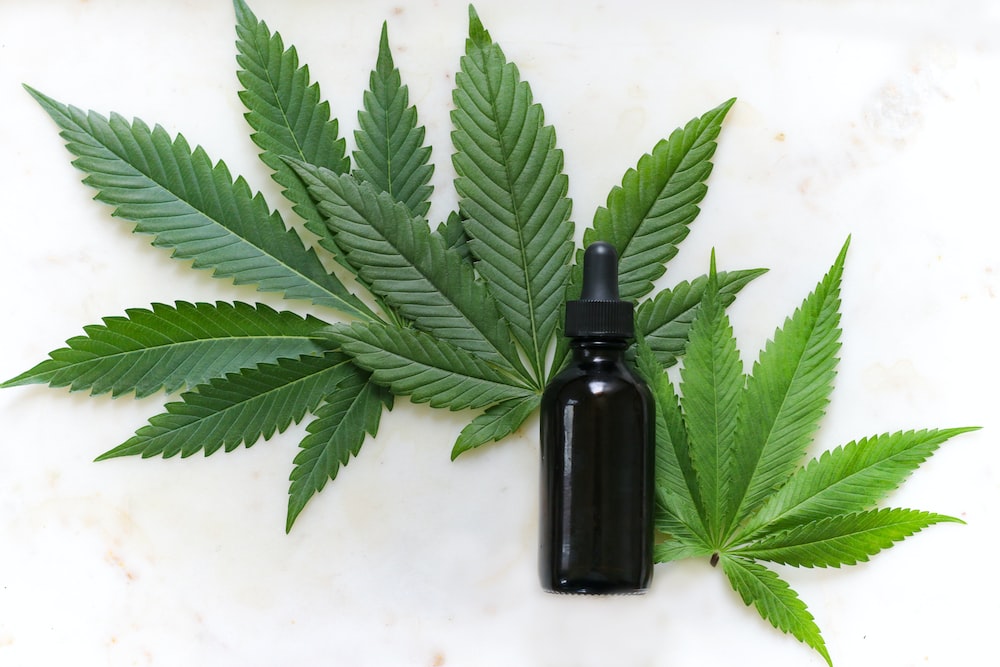The legal landscape for hemp and cannabis in the Asia Pacific region has been shifting in recent years, with many countries exploring the potential benefits of legalizing these plants for both medical and industrial purposes.
In Malaysia, there has been a push to legalize hemp for industrial use, with the government recognizing the potential economic benefits of the plant. In addition, there is growing interest in medical cannabis, with the government acknowledging its potential for treating conditions like chronic pain and epilepsy.

Similarly, in Thailand, the government has legalized hemp for industrial use, with a focus on developing the country’s agricultural industry. In addition, medical cannabis has been legalized, paving the way for the cultivation and sale of cannabis for medicinal purposes.
In Indonesia, where hemp and cannabis are still illegal, there is a growing movement of advocates who are pushing for changes to the law. They argue that the prohibition of these plants is ineffective and that it only serves to create more harm and violence.
In the Philippines, where the Duterte administration has taken a hardline stance on drugs, there are still many activists and lawmakers who are fighting for the legalization of hemp and cannabis. They recognize the potential economic benefits of these plants and the harm that the prohibition of them has caused.
In Singapore, where drug laws are some of the strictest in the world, there is still resistance to the idea of legalizing hemp and cannabis. However, there is a growing recognition that prohibition is not an effective solution and that a more progressive approach is needed.

Further afield, in countries like South Korea, Japan, Australia, and New Zealand, there is also a growing interest in the potential benefits of hemp and cannabis. In South Korea, for example, hemp has been legalized for certain industrial uses, and there are plans to expand the program. In Japan, there is a growing movement of advocates who are pushing for changes to the law, recognizing the potential economic benefits of hemp and cannabis.
In Australia and New Zealand, where medical cannabis has been legalized, there is also a growing industry of hemp and cannabis cultivators and producers. They are focusing on developing high-quality, pharmaceutical-grade products for both medical and recreational use.
Overall, the Asia Pacific region is slowly but surely embracing the potential of hemp and cannabis. With a growing body of scientific research and changing attitudes towards drug policy, there is hope that these plants can help to improve the health and well-being of millions of people, while also creating new economic opportunities and driving growth in the region.

